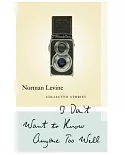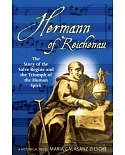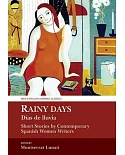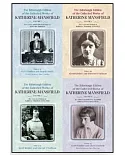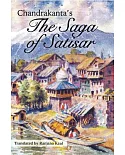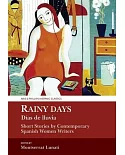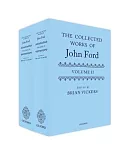The last of the three volumes, roughly spans the last thirty years of the nineteenth century, a period which saw the emergence of the Land League, the dynamiting campaign of the Fenians, and
the rise and fall of Charles Stewart Parnell. It witnessed changes in all literary genres. Standish James OÃGrady conveyed a sense of heroic excitement in his affirmation of Gaelic IrelandÃs
literary heritage. Douglas Hyde promoted Irish language and culture through his foundation of the Gaelic League. Writers affiliated with the Irish Literary Society tried to re-energise Young
IrelandÃs ideals of cultural nationalism. Under the aegis of IrelandÃs literary renaissance a new interest in Celticism became manifest. The year after the publication of AllinghamÃs
Collected Poems W.B. YeatsÃs The Wanderings of Oisin marked the emergence of Irish mythology and legend in an elegant, sensuous and highly influential manner. With Wilde, Shaw, Martyn and
George Moore he expanded IrelandÃs aesthetic horizons; as Yeats introduced French Symbolisme in The Secret Rose and The Wind Among the Reeds, Oscar Wilde preached the paradoxes of decadence,
Shaw uncovered societyÃs hypocrisies, while Martyn embraced IbsenÃs social realism, and Moore combined ZolaÃs naturalism with the synaesthesia of Totalkunst. Major writers combined to form
IrelandÃs National Theatre. Pioneers such as Lafcadio Hearn were exploring different cultures, which were to influence European literature and drama. The last decades of the nineteenth century
were a powerfully creative period, rich in its literary collaborations, and profoundly impressive in its vitality.


